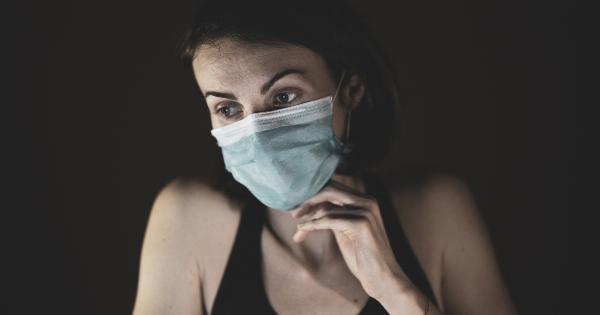Influenza, commonly known as the flu, is an infectious respiratory illness caused by the influenza virus.
Every year, millions of people worldwide get infected with the flu, which can cause mild to severe illness and can lead to hospitalization or even death. Therefore, getting vaccinated for influenza is among the most effective ways to protect yourself and those around you from the flu.
What is the Flu Vaccine?
A flu vaccine is a substance that provides protection against specific strains of the influenza virus. Each year, the flu vaccine is updated to include the most prevalent flu strains for that season.
The flu vaccine can be administered in several ways, including:.
- Injection: Flu vaccines are typically given by injection into the muscle of the upper arm. The injection contains an inactive form of the virus that can still stimulate the immune system to provide protection.
- Intradermal: The intradermal flu vaccine is similar to an injection, but it uses a smaller needle and is injected into the skin instead of the muscle.
- Nasal Spray: The nasal spray vaccine contains live, weakened viruses that can stimulate the immune system to provide protection. The nasal spray is usually recommended for healthy people aged 2 to 49 years who are not pregnant.
Who Should Get the Flu Vaccine?
The Centers for Disease Control and Prevention (CDC) recommends that all individuals aged 6 months and older should receive an annual flu vaccine, especially those who are at a higher risk of developing flu-related complications such as:.
- People aged 65 years and older
- Children aged 6 months to 5 years
- Pregnant women and women up to two weeks postpartum
- People with chronic medical conditions such as asthma, diabetes, and heart disease
- People who live in long-term care facilities
- Healthcare professionals and caregivers
Benefits of Getting the Flu Vaccine
The flu vaccine protects against the flu and reduces the risk of getting sick from it. It can also provide the following benefits:.
- Reduces the risk of hospitalization and death from the flu
- Protects people with weakened immune systems who cannot get vaccinated
- Reduces the severity of flu symptoms if you still get sick after getting vaccinated
- Reduces the risk of flu-related complications such as pneumonia, bronchitis, and ear infections
- Reduces the need for doctor visits, medications, and missed work or school days
How Effective is the Flu Vaccine?
The effectiveness of the flu vaccine can vary depending on several factors, including:.
- How well the vaccine matches the flu viruses that are circulating that season
- The age and health status of the person getting vaccinated
- How many people in the community get vaccinated
However, even if the vaccine is not a perfect match for the circulating flu viruses, it can still provide some protection and reduce the severity of flu illness if you still get sick.
When Should You Get Vaccinated?
The best time to get vaccinated for the flu is before flu season starts, usually in the fall. It takes about two weeks after vaccination for your body to develop immunity against the flu, so getting vaccinated early can provide the most protection.
Are There Risks or Side Effects of the Flu Vaccine?
Like any vaccine, the flu vaccine can cause side effects, although most are mild and go away on their own within a few days. The common side effects of the flu vaccine include:.
- Soreness, redness, or swelling at the injection site
- Fever, headache, or muscle aches
- Fatigue and weakness
- Nausea, vomiting, or diarrhea (rare)
Severe allergic reactions to the flu vaccine are extremely rare. If you have had an allergic reaction to the flu vaccine in the past, talk to your healthcare provider before getting vaccinated again.
Where Can You Get Vaccinated?
The flu vaccine is available at many locations, including:.
- Your healthcare provider’s office
- Pharmacies and retail clinics
- Community health centers
- Public health clinics
Many insurance plans cover the cost of the flu vaccine, but it is best to check with your insurance provider before getting vaccinated. Some locations may also offer free or low-cost flu vaccines for individuals who cannot afford them.
Conclusion
The flu can cause serious illness and even death, especially for those who are at a higher risk of developing flu-related complications. Getting vaccinated for the flu is a safe and effective way to protect yourself and those around you from the flu.
Remember to get vaccinated before flu season starts, and encourage your family and friends to do the same.



























